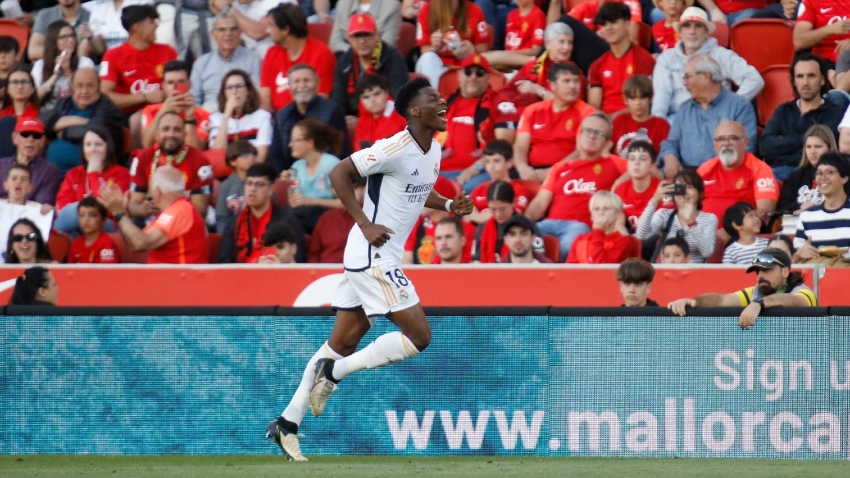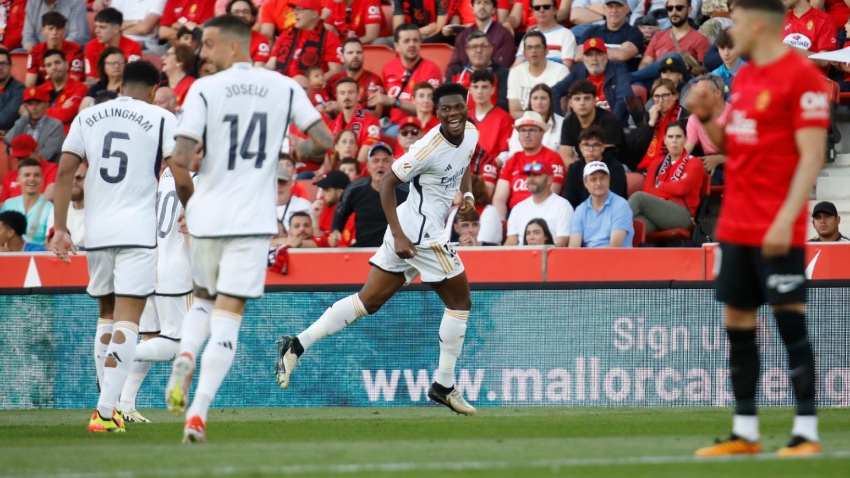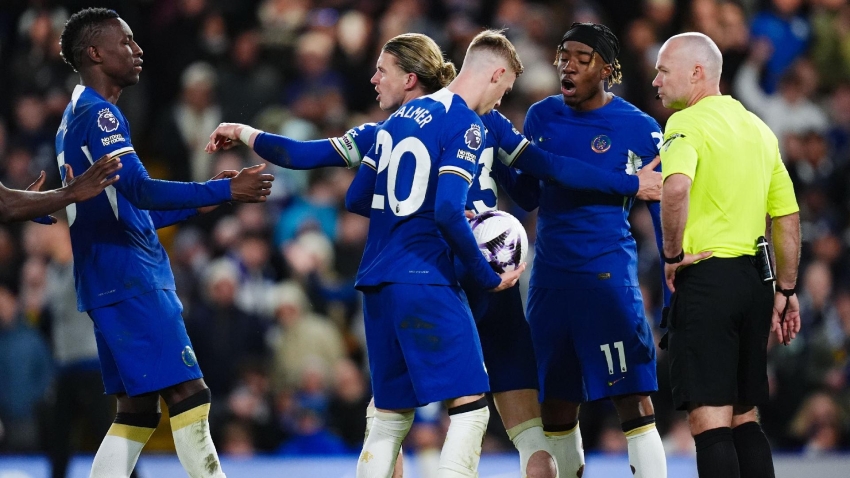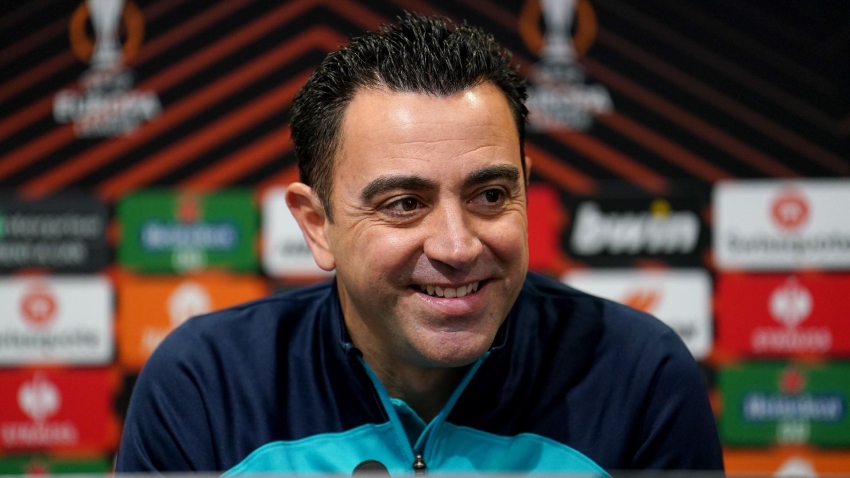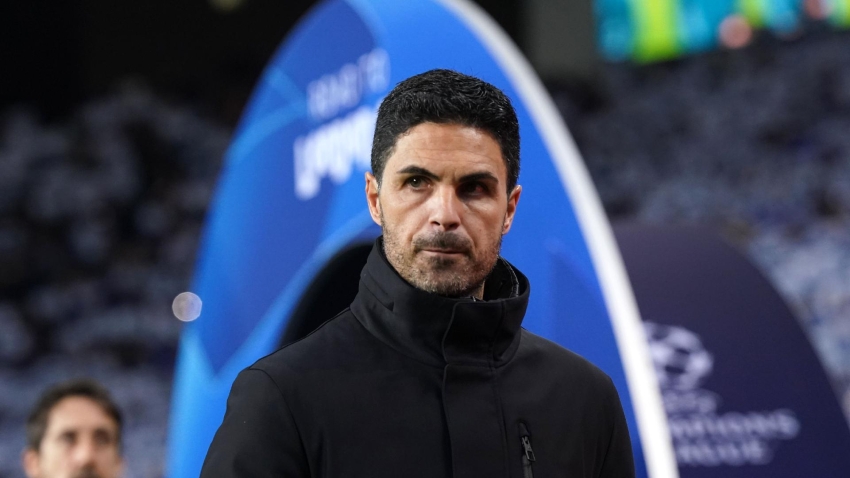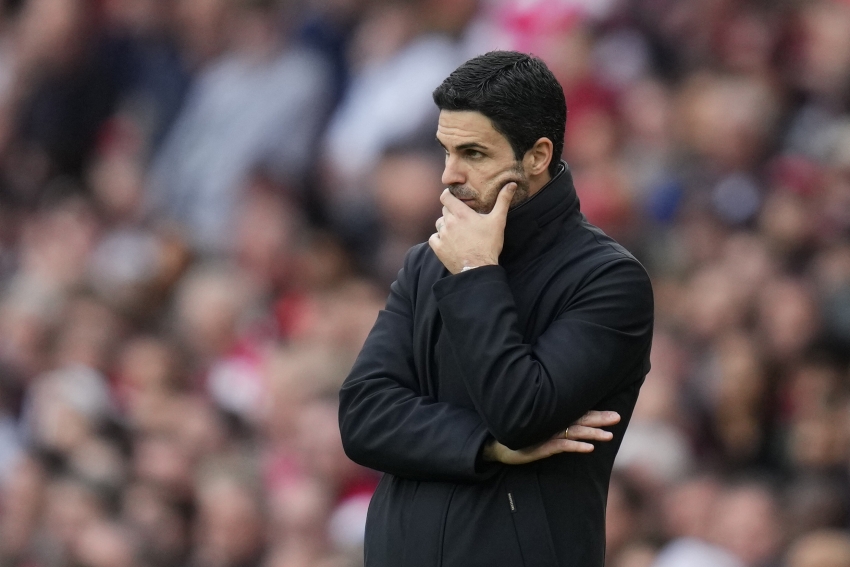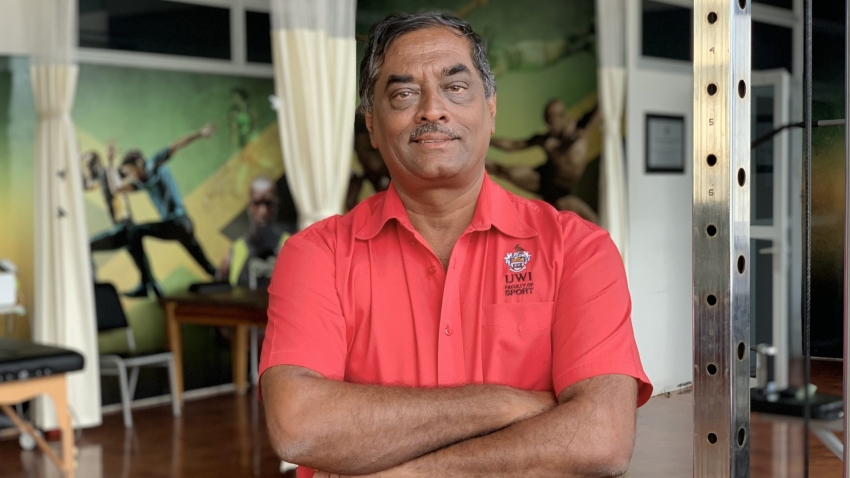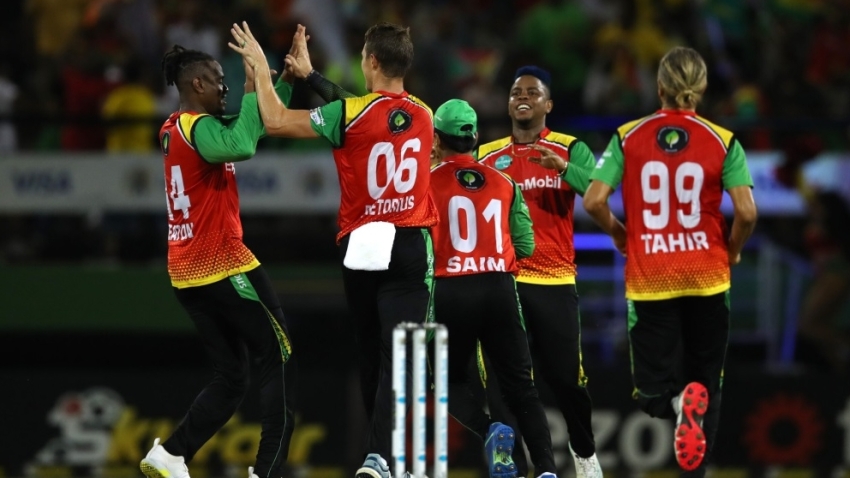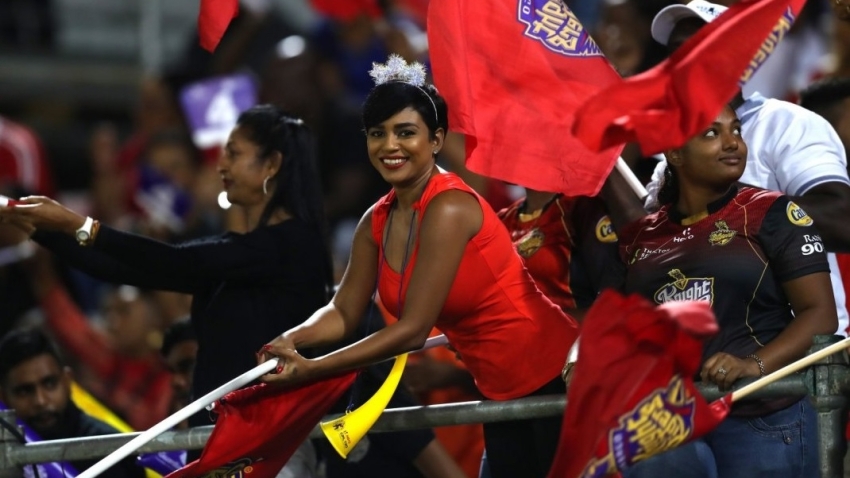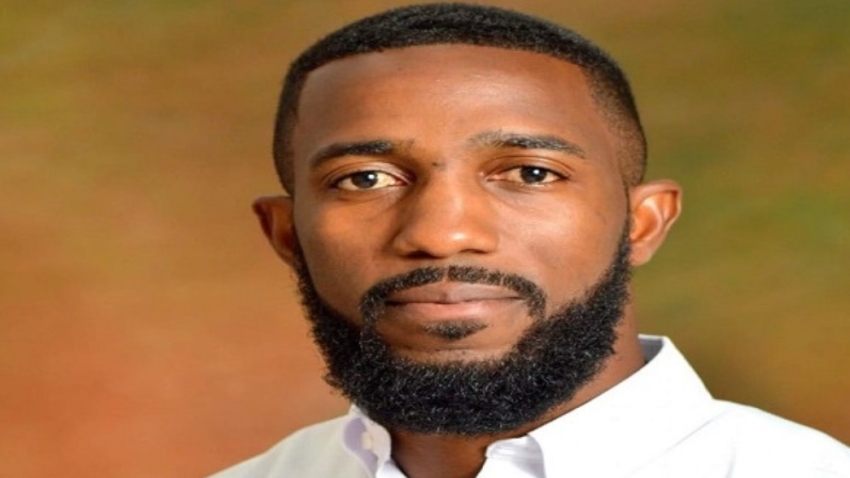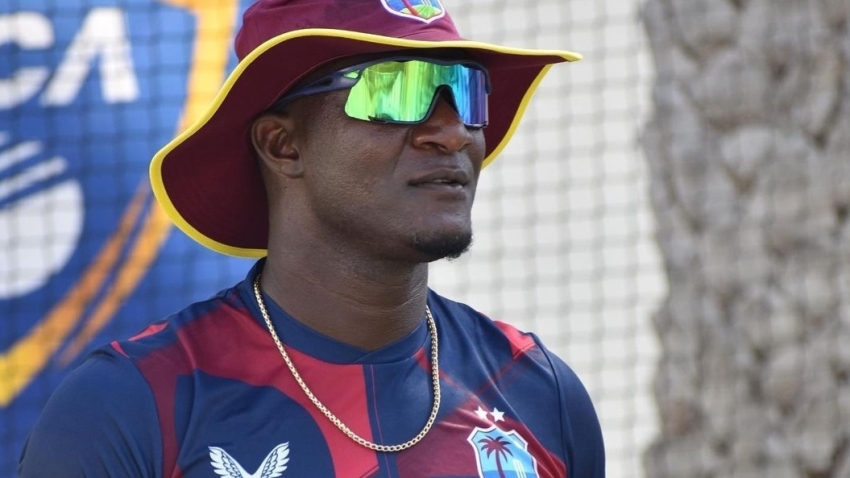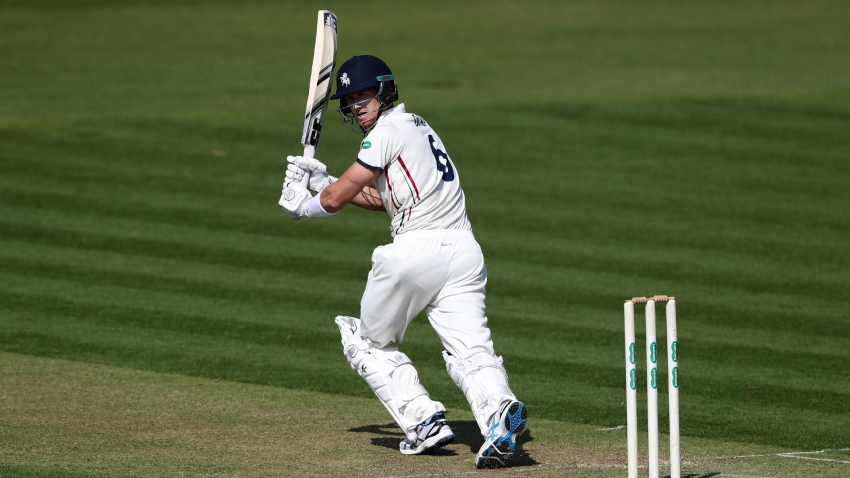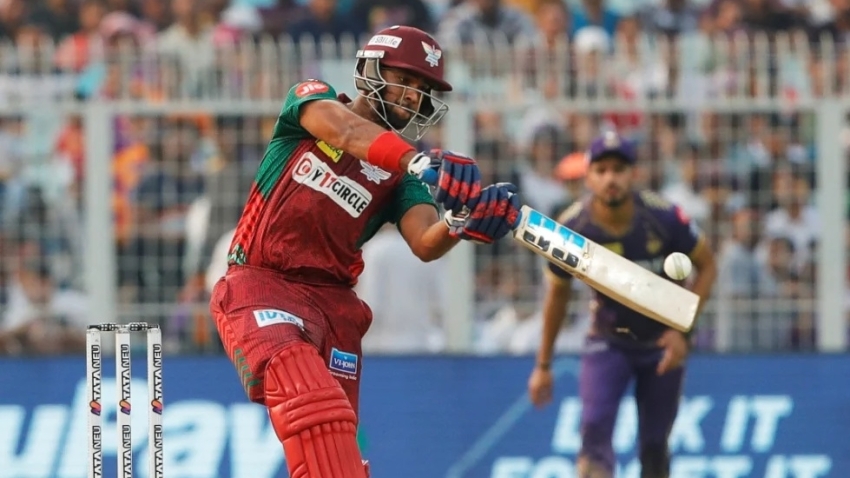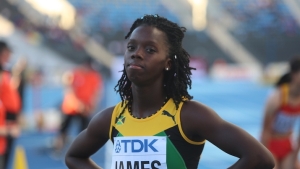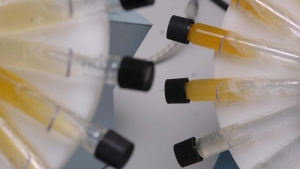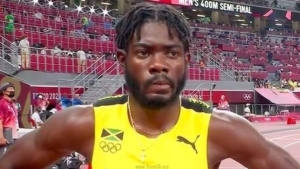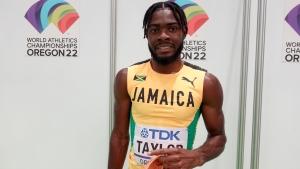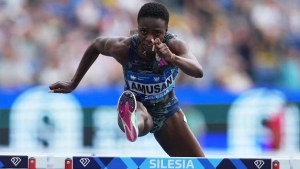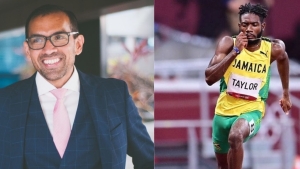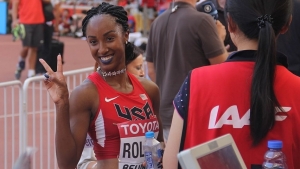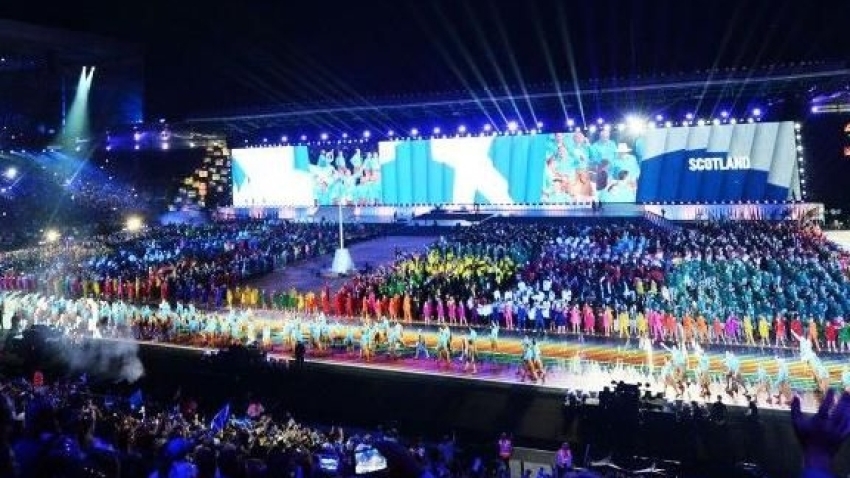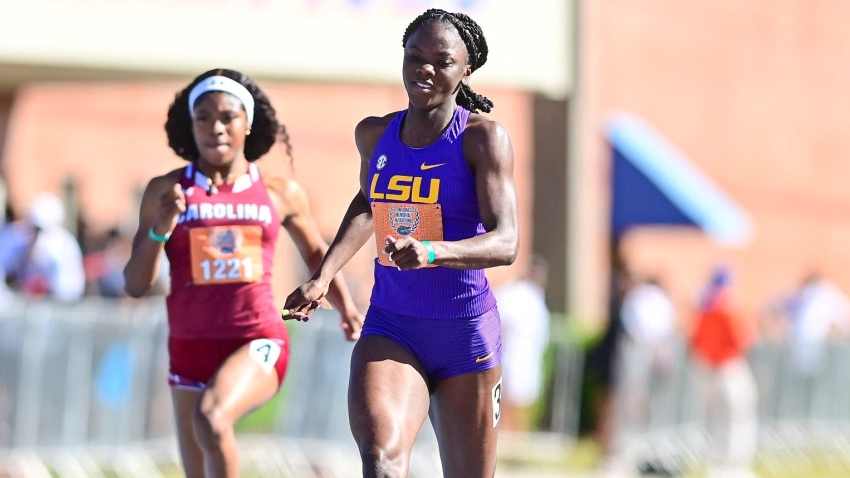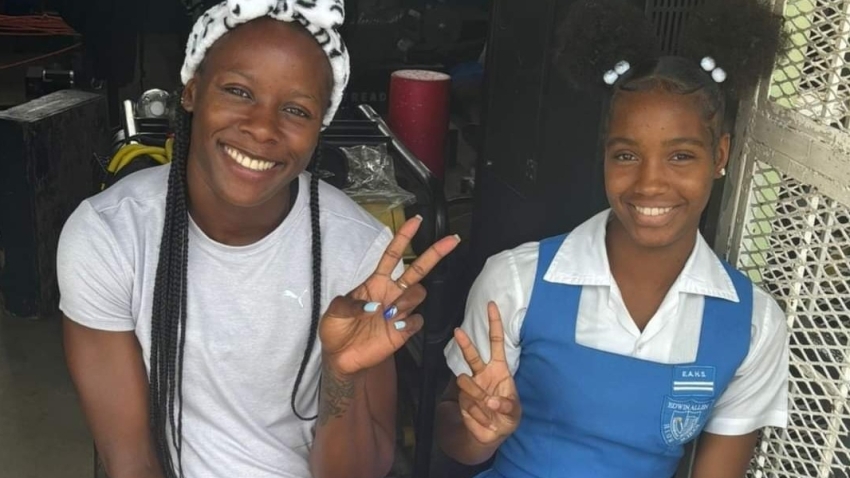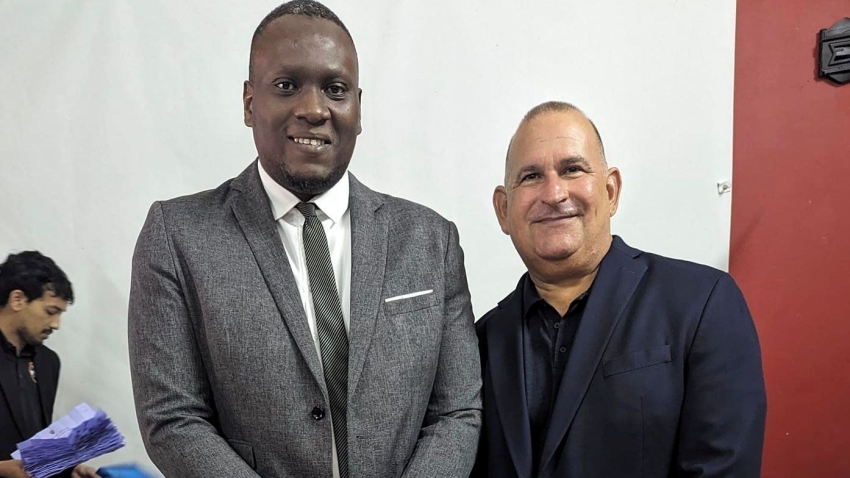Jamaican Olympian Christopher Taylor has revealed uncertainty over his future as a track and field athlete following the 30-month ban imposed on him by the Athletics Integrity Unit. The 24-year-old Taylor, a finalist in the 400m at the Tokyo Olympics, was charged with evading, refusing or failing to submit a sample and was banned effective November 16, 2022.
His period of ineligibility will end on May 15, 2025, when Taylor will be 26 years old.
Taylor, speaking with Nationwide Radio (NNN), expressed his frustration at the reality that he will miss almost three years of his career when he will be at his peak.
“I haven’t made a decision about my future as yet but deep down I don’t feel I belong in this sport anymore because of the whole experience I had, I don’t think I have a place in this sport anymore,” he said.
The incident occurred during an Out-of-Competition Testing attempt in Kingston, Jamaica, on November 16, 2022, where Taylor failed to submit to sample collection as required by the Whereabouts information provided.
According to the NNN report, the 2018 World U20 400m silver medalist claims that the doping control officers arrived at his home shortly before 6:00 am when he was about to leave for the airport for an 8:00 am flight and was in the process of filing new whereabouts information since he was leaving the location he had initially entered into the Anti-Doping Administration and Management System (ADAMS).
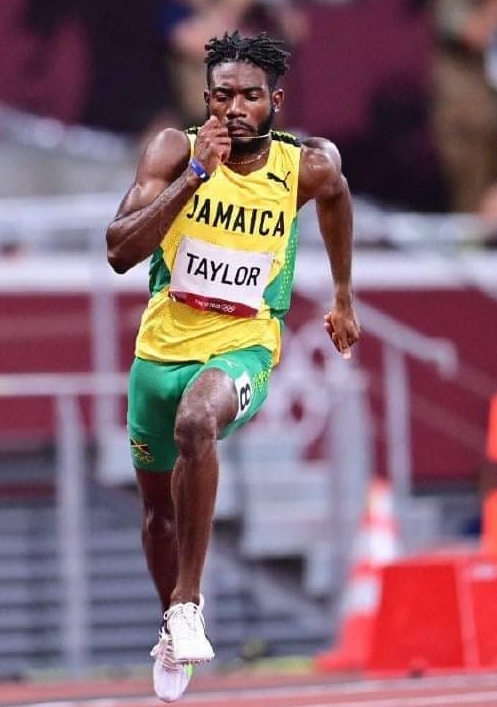
He claims the doping control officers informed him that since he did not complete the update overnight they would have to go through with testing him. He said he takes the blame for believing that if he did allow the officers to test him, it would only go down as a missed test for which there would be no sanction.
Athletes have to have three missed tests for it to be considered an anti-doping violation.
Taylor’s actions initiated an AIU investigation, and on January 10, 2023, they informed Taylor of the potential failure to comply, issuing a Notice of Investigation. Taylor, through his legal representative, expressed a willingness to discuss an admission of committing an Anti-Doping Rule Violation (ADRV) without prejudice. Consequently, he accepted a Provisional Suspension starting from January 19, 2023.
During an interview with AIU representatives on February 2, 2023, Taylor provided his explanation for the circumstances surrounding the possible failure to comply. The AIU conducted additional follow-up inquiries, leading to the issuance of a Notice of Allegation of ADRV on May 25, 2023, specifically for evading, refusing, or failing to submit to sample collection.
On June 1, 2023, Taylor confirmed his request to discuss an admission of committing an ADRV without prejudice. The AIU, Taylor, and the World Anti-Doping Agency entered into a Case Resolution Agreement, whereby Taylor admitted to the ADRV, leading to a 30-month period of ineligibility starting from the violation date, November 16, 2022, until May 15, 2025.
Additionally, Taylor's competitive results from November 16, 2022, until January 19, 2023, are disqualified, including the forfeiture of any associated medals, points, and prize money/prizes.






